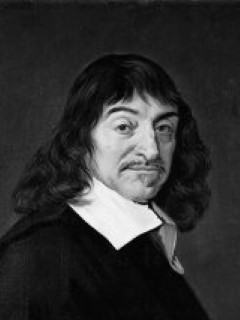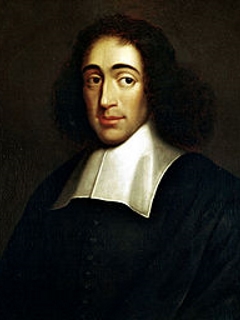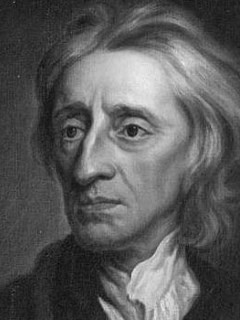
Publication details
Publisher: Springer
Place: Berlin
Year: 2009
Pages: 85-104
Series: Studies in the History of Philosophy of Mind
ISBN (Hardback): 9789048123803
Full citation:
, "Descartes, Spinoza, and Locke on extended thinking beings", in: Topics in early modern philosophy of mind, Berlin, Springer, 2009


Descartes, Spinoza, and Locke on extended thinking beings
pp. 85-104
in: Jon Miller (ed), Topics in early modern philosophy of mind, Berlin, Springer, 2009Abstract
Can we know that nothing is in itself both thinking and spatially extended?1 This was among the most central and divisive philosophical issues of the early modern period, one with obvious relevance not only to the theoretical understanding of mind and matter, but also to the practical prospects for immortality and, with it, divine sanctions for morality. While many important philosophers—including Nicolas Malebranche, Gottfried Wilhelm Leibniz, and Samuel Clarke—responded affirmatively, perhaps the most famous and influential defense of the affirmative answer was given by René Descartes. While many other important philosophers— including Thomas Hobbes, Henry More, and Anthony Collins—answered negatively, perhaps the two most infamous and influential defenses of the negative answer were given by the two great philosophers born in 1632, Benedict de Spinoza and John Locke.Descartes' position is expressed clearly in his confident assertion in Principles of Philosophy I.532 (published in 1644) that thought and extension are "principal attributes' of substances and that every substance has only one principal attribute.3 The assertion is undefended there, but behind it lie two arguments that he had already presented in the Sixth Meditation of Meditations on First Philosophy (1641)—one from separability and one from divisibility. Both Spinoza and Locke studied Descartes' Meditations and Principles with care; Spinoza even included a version of the argument from separability in his own 1663 axiomatization of Descartes' Principles of Philosophy.4 Hence, they must have judged that they could evade the force of these two arguments. Yet neither philosopher directly attempts to diagnose an error in either argument.
Cited authors

Descartes René

Leibniz Gottfried Wilhelm

Spinoza Baruch

Locke John

Hobbes Thomas

Malebranche Nicolas

Clark Samuel
Publication details
Publisher: Springer
Place: Berlin
Year: 2009
Pages: 85-104
Series: Studies in the History of Philosophy of Mind
ISBN (Hardback): 9789048123803
Full citation:
, "Descartes, Spinoza, and Locke on extended thinking beings", in: Topics in early modern philosophy of mind, Berlin, Springer, 2009
